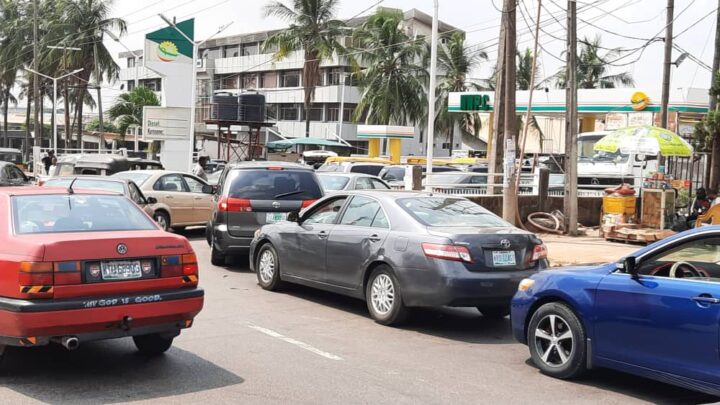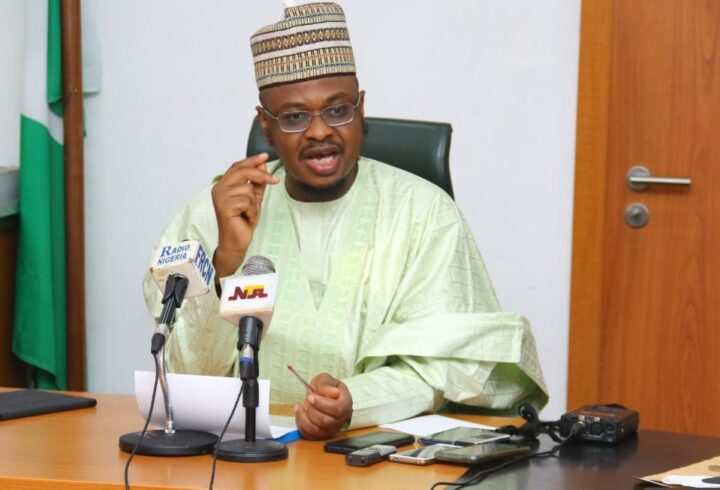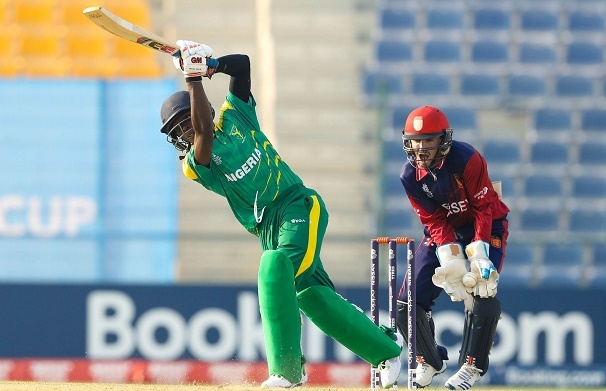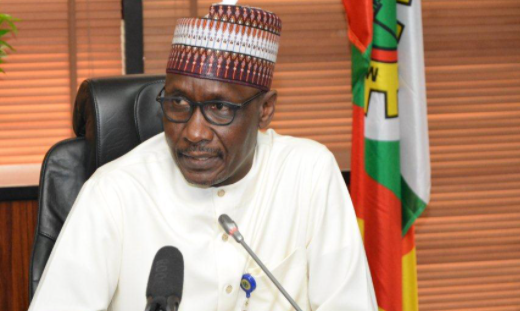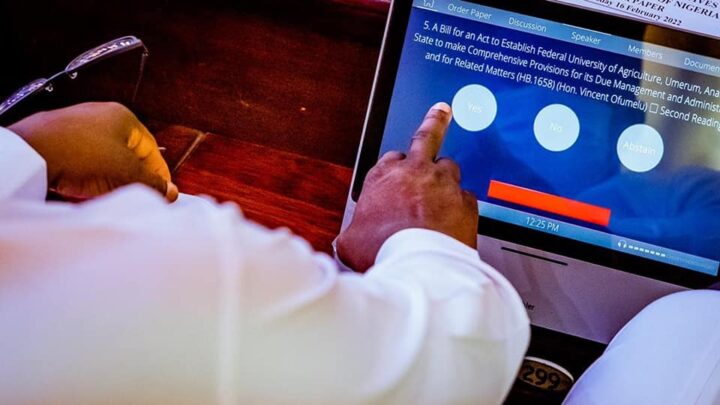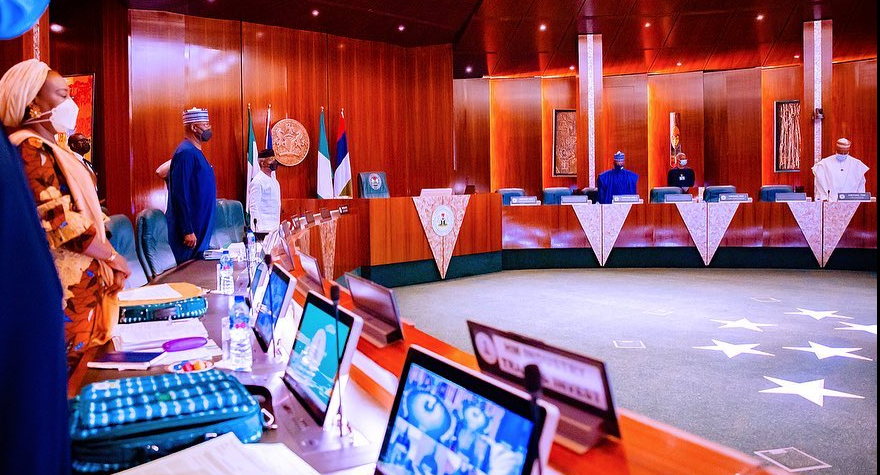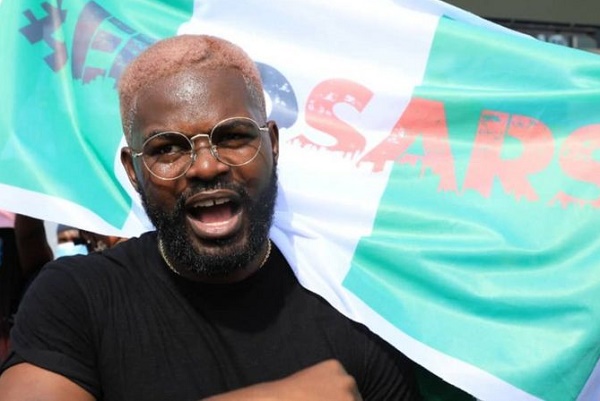The Trade Union Congress (TUC) says it is in talks with stakeholders to determine the actions to be taken over the petrol scarcity in the country.
The Nigerian Midstream and Downstream Petroleum Regulatory Authority (NMDPRA) had confirmed the presence of methanol quantities above specifications in imported petrol. The move to withdraw the adulterated petrol resulted in scarcity.
The development caused long queues as many filling stations shut down services.
Addressing journalists in Abuja on Wednesday, Quadri Olaleye, the national president, TUC, said once ’emergency decisions’ were taken, it could spark an industrial action or lead to a protest.
Advertisement
“At the moment, we are watching, we are monitoring and doing some engagements for us to be able to make emergency decisions. When labour takes an emergency decision, you know what it means? It is either strike or protest,” Olaleye said.
“You can see that even what they are using to investigate the man-made problem is part of the funds made for the Nigerian workers. So we are monitoring, and when it is time to take a decision we would.”
Olaleye also said the union would be actively participating in politics as policies made by the government affects organised labour.
Advertisement
“Having assessed our political trajectory as a country and the pains occasioned by policies of government at various levels, abuse and neglect of the country’s human and natural resources, threatening unemployment, insecurity, almost N40tn debt, devaluation of the naira, subsidy brouhaha, we have decided to play an active role in the 2023 General Elections,” he said.
“The fact that it is the political ruling class that take decisions affecting the socio-economic wellbeing of labour membership/workers is enough justification for the organised labour to get involved in politics. This is because there are very strong linkages between democracy, good governance and workers’ economic wellbeing.”
He said the union would organise a programme on how the organised labour in Nigeria could actively participate in the democratic process and provide solutions to various perennial social-economic and political challenges in democratic governance.
Advertisement
Add a comment
